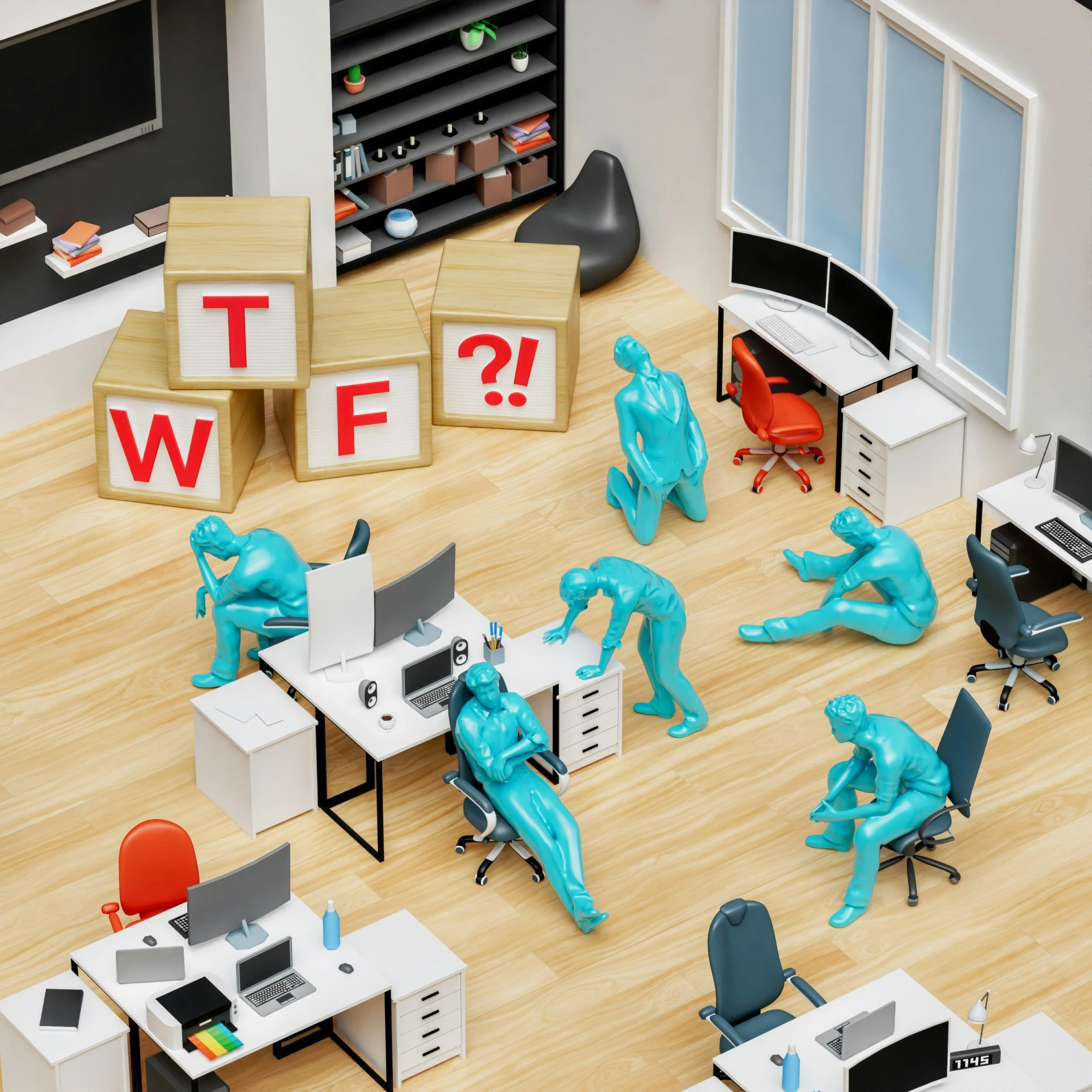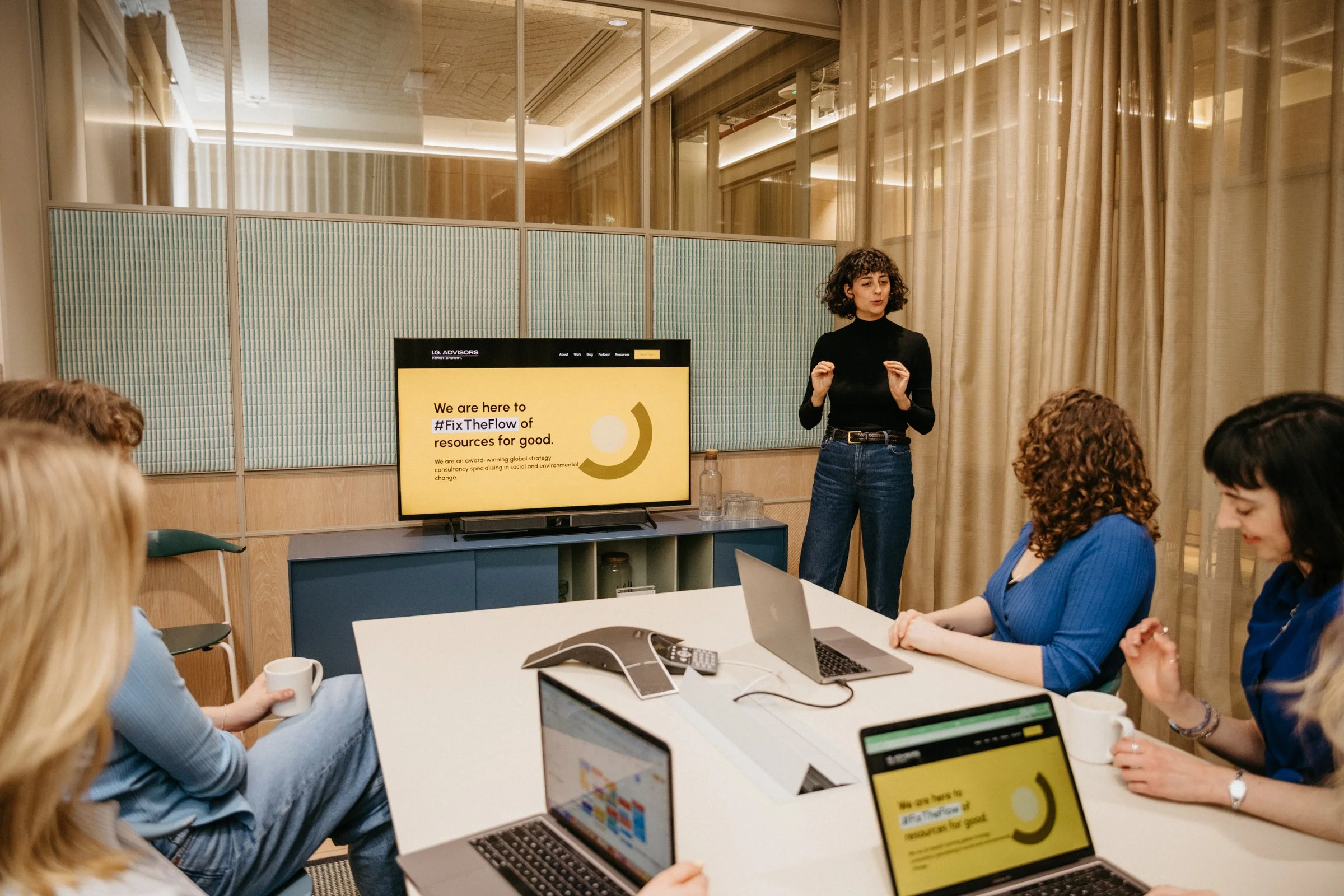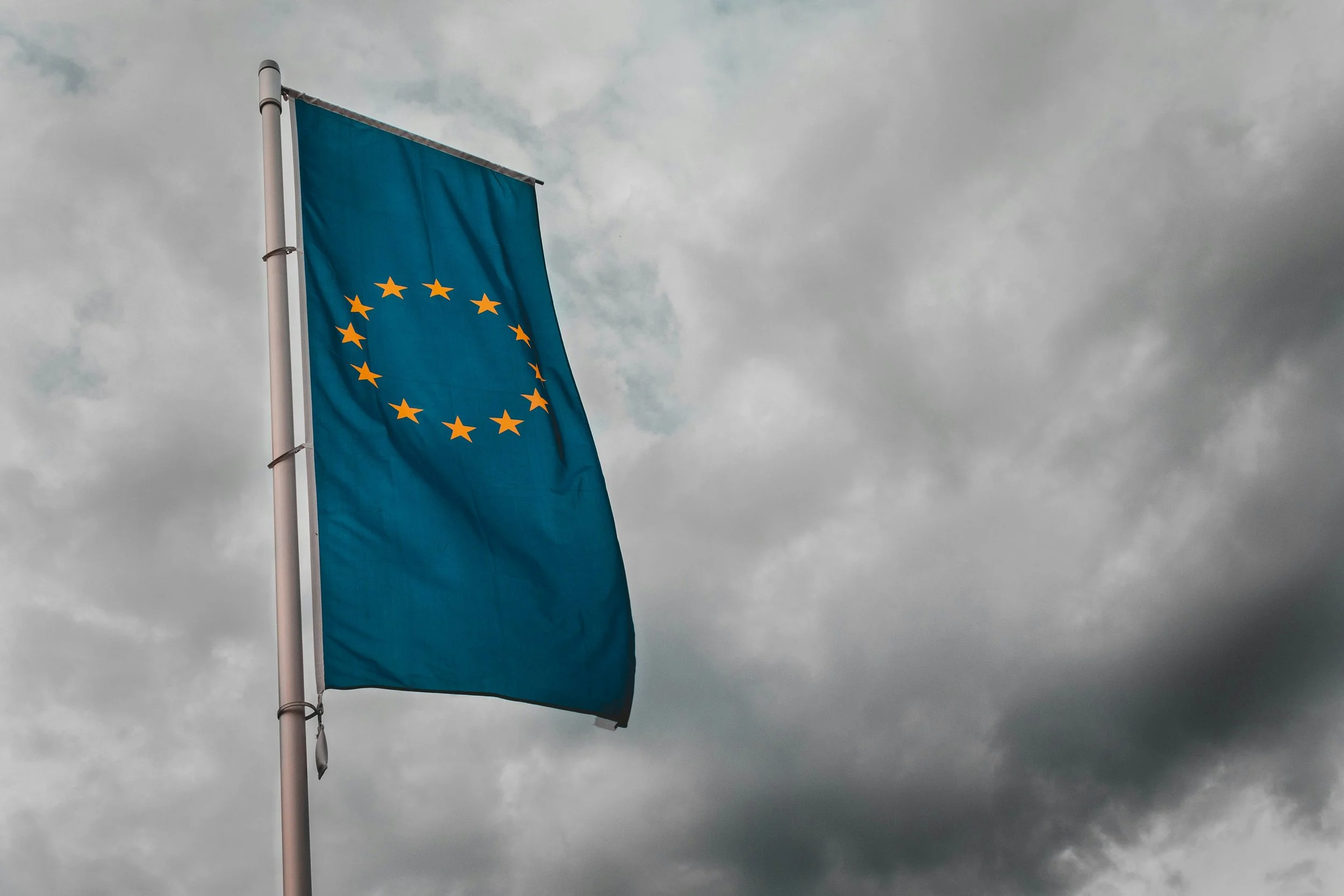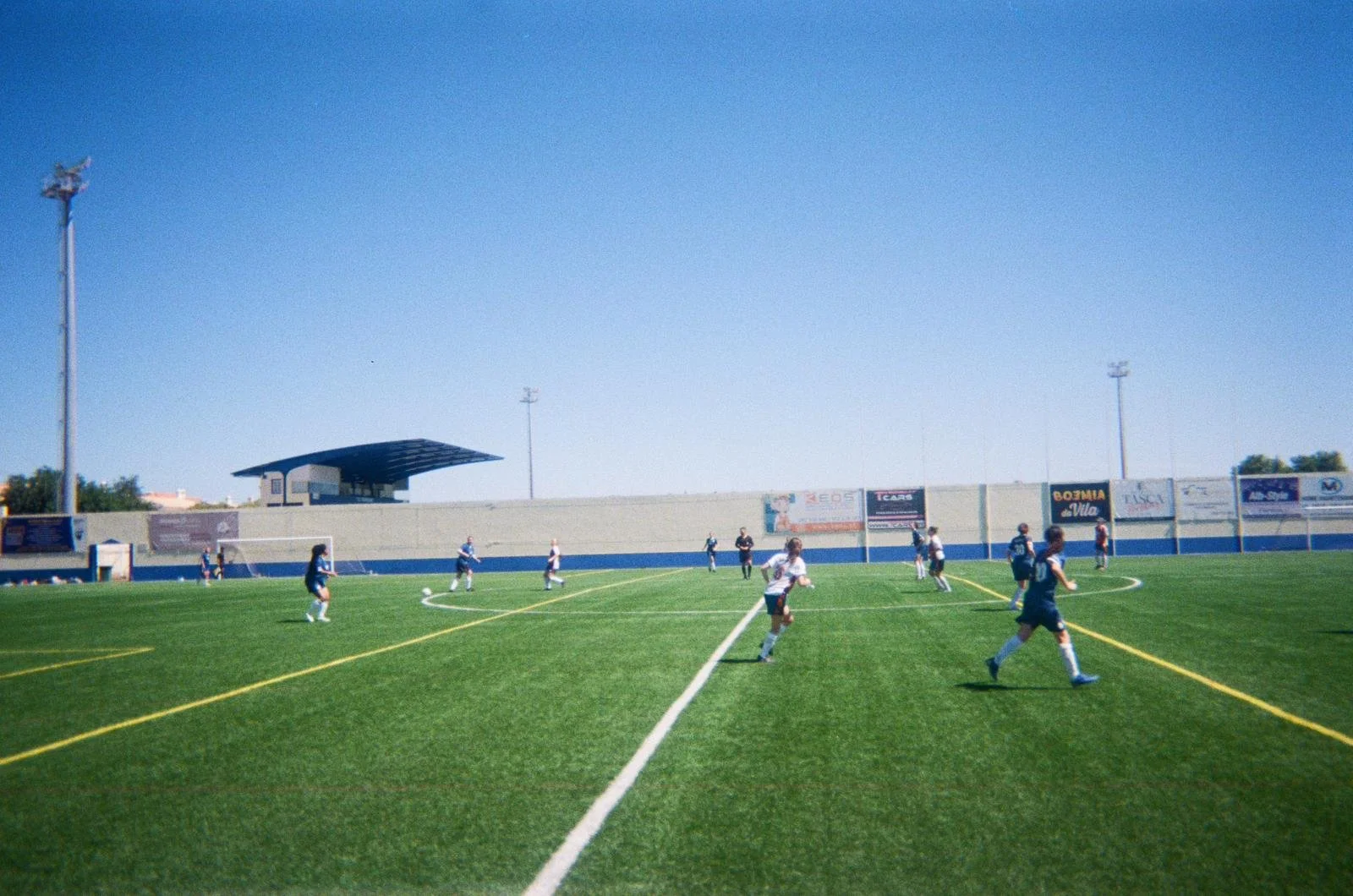Pick one thing: avoiding burnout in a world of uncertainties
How starting small might be the most effective way to change the world
‘Are you going to the protest tomorrow?’ The person asking meant nothing by it, but I was immediately overwhelmed. What protest? For which thing? Which fire are we supposed to be putting out today? Have the police murdered someone else? Is the government denying racism or gender inequality again? Which kind of fossil fuel crisis are we trying to prevent? Which nuanced political issue are we binarily for or against this time?
I know this sort of overwhelm isn’t unusual for people with eyes, ears, thumbs and/or the BBC News app, but given that my job is literally to know about and take action on social and environmental issues, it was a warning bell for me. I needed to step back from the newscycle, take a deep breath, and just be for a while. The fact that I didn’t know which protest I was being asked about is not because I’m not plugged-in — it’s because I’m too plugged in. My heart is literally hard-wired into the plight of humankind, and it hurts.
It’s obvious now that I was feeling burnt out. The phrase ‘burnout’ is becoming so normalised that it is losing its meaning so I want to describe it clearly here: burnout is a state of emotional, physical, and mental exhaustion. It occurs when you are experiencing constant demands of the sort that no human could be expected to meet. It’s a repetitive stress injury, not a disease; not a deficiency of resilience. It is an extremely sensible circuit breaker within your physiology that clearly says: no more. Too much. Stop now. I think it’s fair to say that all of us have been experiencing constant demands of the sort no human could be expected to meet lately, and as we move into the next phase of the global pandemic, I’m concerned those demands might now get worse, not better.
As happens during most disasters, I saw many people find clarity and purpose in the face of a common enemy (in this case, the novel coronavirus). Sure, those of us working within civil society have been struggling, but for a while at least it was a much simpler struggle, even if it wasn’t easier. Everything was about the pandemic, the lockdowns, the crisis response. Prioritisation became the clearest part of the job. Everything else got dropped. And, whilst we’re now having to deal with the collateral damage of that, the solidarity and relative simplicity of having a global focus point cannot be understated.
Now, as the pandemic itself splinters into several different enemy forces, and the clarity of the crisis fades back into the murky waters of our volatile, uncertain, complex and ambiguous world, I am feeling the tension of being pulled in too many directions. And I am seeing it in my clients, my team, and my loved ones, too. There are simply too many things that are deserving of 100% of our time, attention and donations — there is no rational way to prioritise them all, or make a difference to them all. Everything is important. Loads of causes are underserved, and inaction or hesitancy on most issues can often be considered a statement in itself, particularly on social media. How do you even decide what to do, nevermind keep an eye on what you’re not doing, and what that might signal to others?
In 2017 I went to a Philanthropy Age event called How To Do Good, and heard Rouba Mhaissen (founder of Sawa for Development & Aid) speak about her work with Syrian refugees in Lebanon. She said that at first she thought she must help everyone, and found that the scale of the problem made her feel stuck and helpless, and so she learnt to focus her contributions on one problem at a time. She spoke about how just helping one person, or one family, would have been enough. Her response to the overall question of How to Do Good was ‘just start wherever you can, however small, with something that makes best use of what you have to give’.
At the time, I felt like this concept of ‘just pick one thing’ changed my life (I’m not kidding, here’s a tweet of mine saying as much). I applied it to my own charitable giving. I decided to proactively find clients in fields where I had the most to offer, and I started helping my philanthropy clients to focus their giving in the same way. I found that intentionally focussing on what I could do best allowed me to have enough energy to witness all the other issues without being overwhelmed; because of all of that, I was at my best, including in my work.
Recently, I have lost sight of this powerful concept (as it’s so easy to do). So, I’m sharing it here, to remind us all that we can’t do everything (and if we try, we might end up doing nothing). Picking just one small thing to focus on — the Next Right Thing for you — is the very best way to be a part of any movement for change.
Personally, I chose to focus on supporting my team to recover from the traumas of 2020, and, for the rest of the year, I will be focussing on some major project work in the mental health sector, where I am confident I can have the most impact with my expertise. I know several people who have the month of December as a meeting-free-month to focus on preparing for the next year, others who simply don’t read any news that isn’t relevant to their area of work. The key with all of it is telling yourself that even tiny good things are meaningful, and whatever you’ve got to give is enough.
What thing will you choose as your starting point, however small, to focus on and make best use of what you have to give?
Whatever it is, I hope you know that it is enough.































